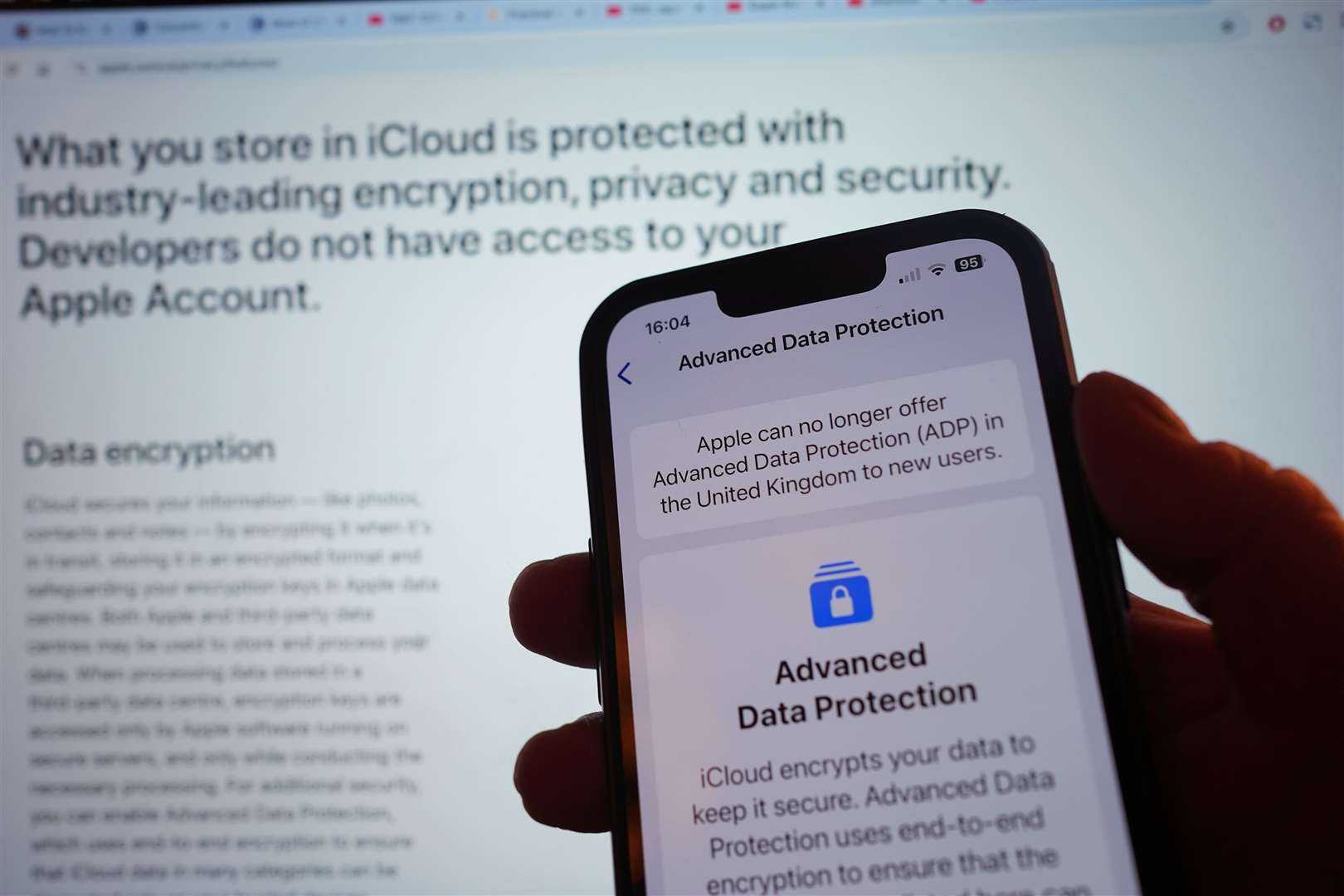Business
Apple Withdraws Advanced Data Protection in UK Amid Encryption Standoff

London, UK — In an unprecedented move, Apple has announced it will discontinue its Advanced Data Protection (ADP) feature in the United Kingdom following pressure from the government for access to user data. This decision, which affects millions of UK customers, comes as the government seeks to enhance its capabilities in combating serious crimes, including terrorism and child abuse.
Earlier this month, the UK Home Office reportedly requested access to encrypted data stored by Apple on its iCloud service under the Investigatory Powers Act. Apple, a longstanding advocate against creating backdoors in its encryption protocols, stated it was “gravely disappointed” that it could no longer offer ADP to customers in the UK, citing ongoing threats to customer privacy.
“Enhancing the security of cloud storage with end-to-end encryption is more urgent than ever before,” Apple said in a statement. “We remain committed to providing our users with the highest level of security for their data and are hopeful that we will be able to do so in the future in the UK.”
The removal of ADP means that from February 21, any new users in the UK trying to activate the feature will receive an error message. Current users will eventually find their access to the tool disabled as well. Data uploaded to iCloud with standard encryption remains accessible to Apple and can be shared with law enforcement agencies if required.
Apple made ADP available to its UK customers in December 2022, allowing users to maintain exclusive control over their stored items such as photos and documents through end-to-end encryption. Despite this, the decision to withdraw the service highlights the growing tension between global tech companies and governments over user data privacy.
Cybersecurity experts have expressed dismay at Apple’s choice. Professor Alan Woodward from Surrey University described it as “a very disappointing development” and suggested it amounted to “an act of self-harm” by the government. He noted that this move weakens online security and privacy for users in the UK, arguing that it is naive for the UK to expect compliance from a US-based technology giant.
Caro Robson, an online privacy expert, stated that it is unprecedented for a company to withdraw a product rather than comply with a government request. “It would be a very worrying precedent if other communications operators felt they could simply withdraw products without accountability to governments,” she commented.
In addition, former Twitter executive Bruce Daisley observed, “Apple saw this as a point of principle; if they concede to the UK, then every other government around the world will want this.” Meanwhile, Will Cathcart, head of WhatsApp, echoed concerns that allowing the UK to enforce a backdoor into Apple’s security could pose global risks. “If the UK forces a global backdoor into Apple’s security, it will make everyone in every country less safe,” he warned.
Privacy group Big Brother Watch condemned the decision, labeling it a “regrettable consequence” of what they termed an “outrageous” order from the Home Office. Meanwhile, the NSPCC, a UK children’s charity, indicated a need for tech companies to balance user safety and privacy, suggesting compromises must be reached to protect children online.
The broader implications of Apple’s withdrawal of ADP could extend beyond the UK. Senator Ron Wyden of the U.S. expressed concern that this creates a dangerous precedent that could be exploited by authoritarian regimes globally. He warned that this development “seriously threatens” the privacy of users everywhere.
As the battle over data privacy and encryption standards intensifies, the conflict underscores the fragile balance between government oversight and individual privacy rights. Apple’s decision to cease offering its highest security feature in the UK is emblematic of an ongoing struggle between tech companies and government authorities.












